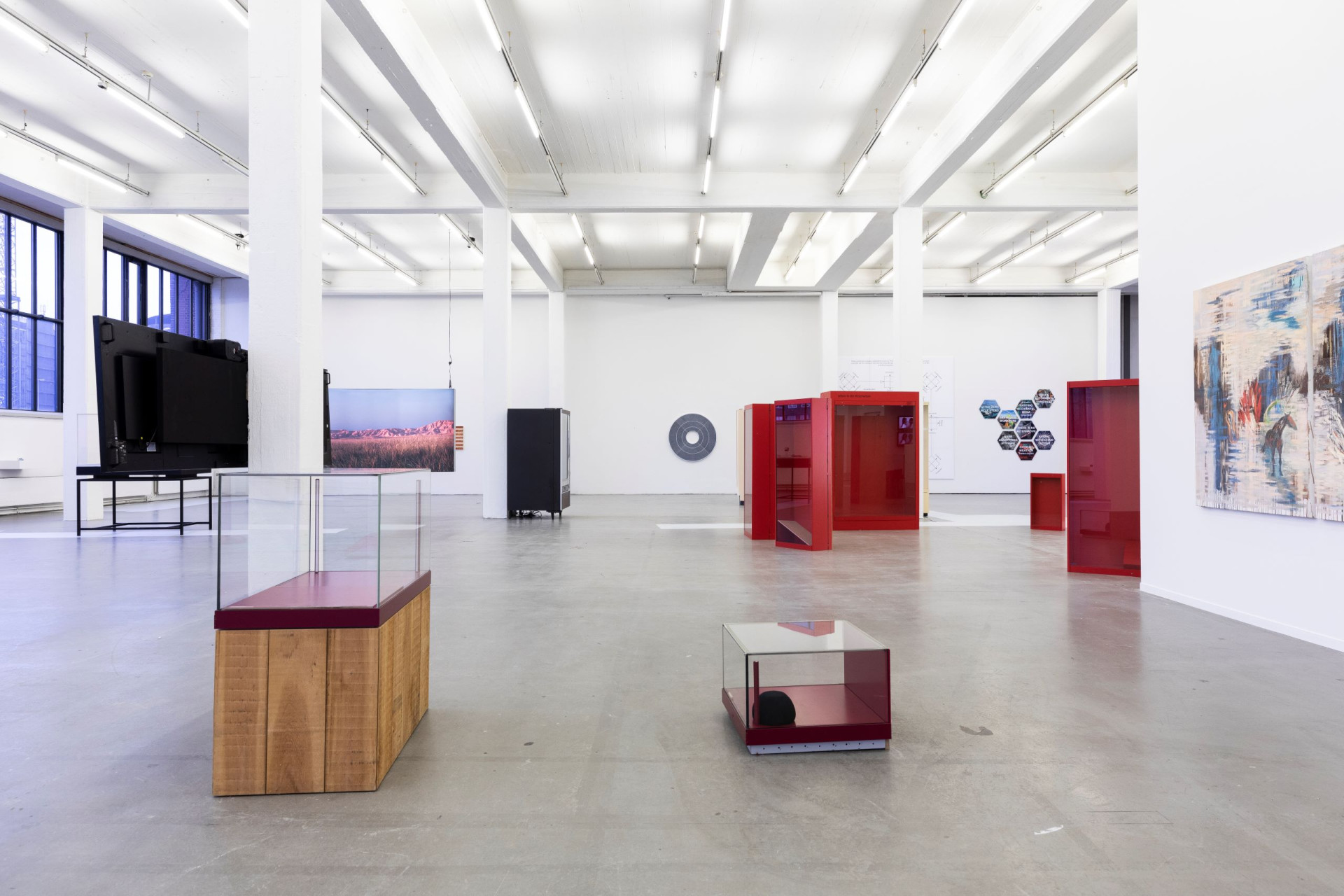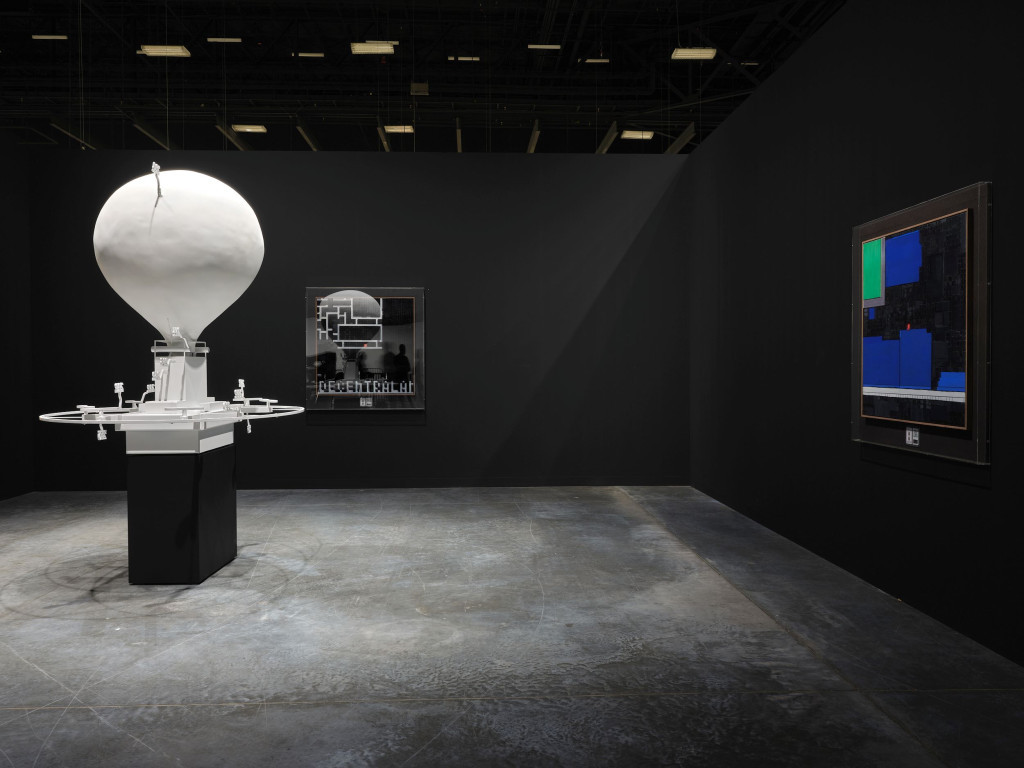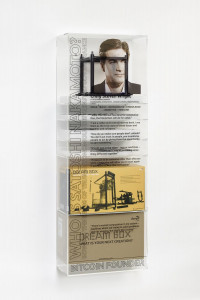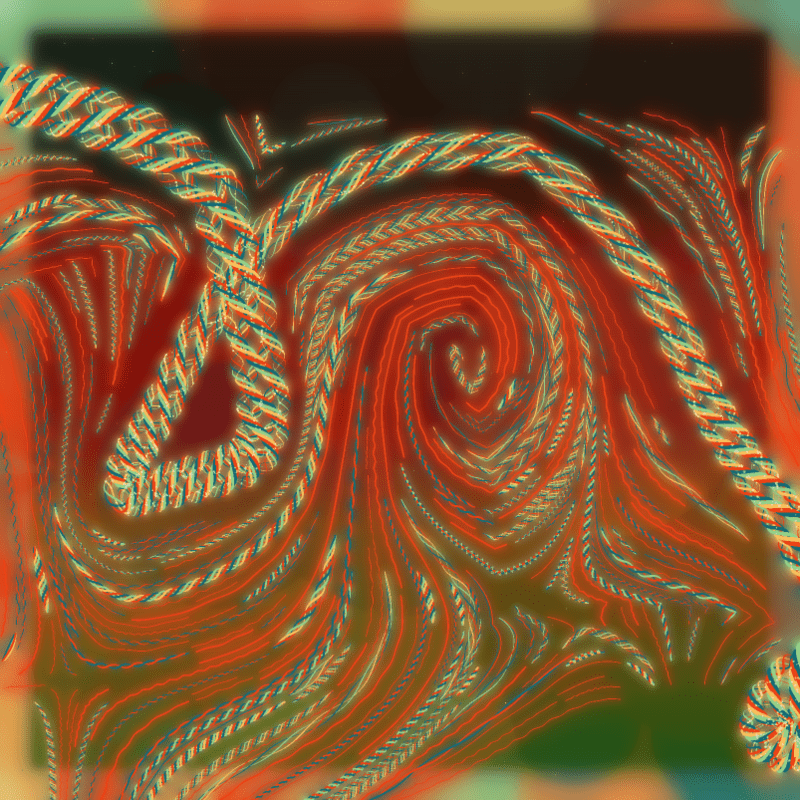The Hybrid Mind
What new forms of creativity and expression can emerge from the reciprocal influence of humans and AI?


Anarchist thinker Hakim Bey believed that social spaces of freedom were ephemeral by nature. While a revolution may kick off a period of radical possibility, sooner or later the new forms of social organization will calcify into control. In his theoretical writings of the early ’90s on “temporary autonomous zones,” he speculated that cyberspace could provide “logistical support” for such zones; he thought it could resolve the problem of duration by compacting time and space through remote connection. Three decades later, anarchists, libertarians, and other anti-establishment types are hoping the blockchain and other tools developed in a similar spirit will offer even more resilient solutions for maintaining autonomy. Urbit supports peer-to-peer connections for an internet outside corporate control. Metaverses like Decentraland sell virtual land as NFTs that holders can use as they will. Balaji Srinivasan’s controversial but influential book The Network State (2022) imagines protocols that would make a citizenry as easy to join or leave as a server. How is this configuration of technologies, ideologies, and practices adapting—or displacing—existing concepts of land, ownership, and statehood? How much of our social life and the systems that govern it will be virtual, and how will they intersect with embodied experience?

These are the questions that currently occupy Simon Denny, an artist who researches networks of finance, tech, and ideas that are pervasive but difficult to represent. He makes them tangible through unexpected, sardonic juxtapositions. For his 2016 exhibition “Blockchain Future States” at Petzel Gallery in New York, Denny made a series of portraits of figures associated with the creation of Bitcoin. Each one is a rectangular prism of Plexiglas, printed with images and text. Internal cells hold DreamBoxes, DIY kits for building computer cases, which a rugged individualist might use to make a crypto miner. These deadpan wall pieces manifest the shape of the blockchain as a sequence of blocks, and literalize its vaunted transparency. Of Denny’s recent Metaverse Landscapes, oil paintings of tokens representing plots of virtual property in Decentraland, Martin Herbert writes: “Painting might seem an incongruous medium for reflecting on such intangible transactions; or, alternatively, a perfect one for reflecting on how temporarily hot properties change hands.”
Between “Blockchain Future States” and Metaverse Landscapes, Denny continued to think about crypto, not only as an artist but also as a curator. In 2018 he organized the landmark exhibition “Proof of Work,” at Schinkel Pavilion in Berlin, bringing together experimental and artistic uses of blockchains. “Proof of Stake” at Kunstverein in Hamburg in 2021 put art about sovereignty and stewardship in dialogue with blockchain’s applications for social coordination and resource management. I’m excited that Outland is offering Denny a new venue for his investigations through our guest editor program, which enlists leading artists and thinkers to commission articles on topics that matter to them. Over the next few weeks, we’ll be publishing critical writing on artists who are testing new concepts of ownership and autonomy, as well as perspectives on virtual worlds from the people who build and use them. I’m grateful to have Denny’s rigorous intelligence and good humor guiding us through the process.
